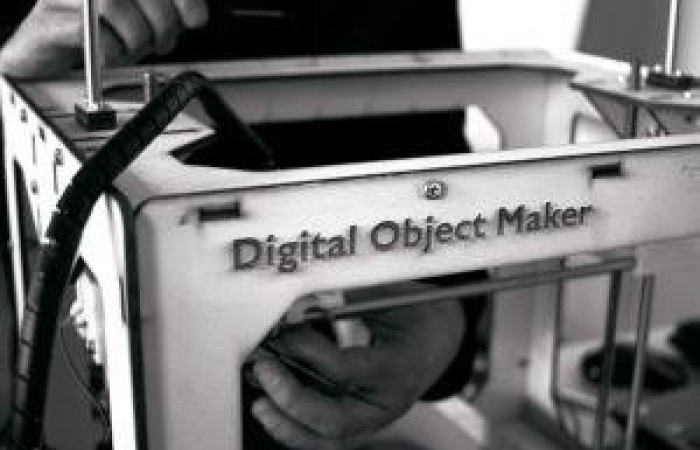Library of Congress releases 25 million metadata records
By Cody Hennesy
The Library of Congress recently released 25 million metadata records for free bulk download at loc.gov/cds/products/marcDist.php. These MARC records make up the foundation for library catalogs, such as OskiCat, which have enabled library users to find and access library books and other media for decades. As the LOC describes the collection:



